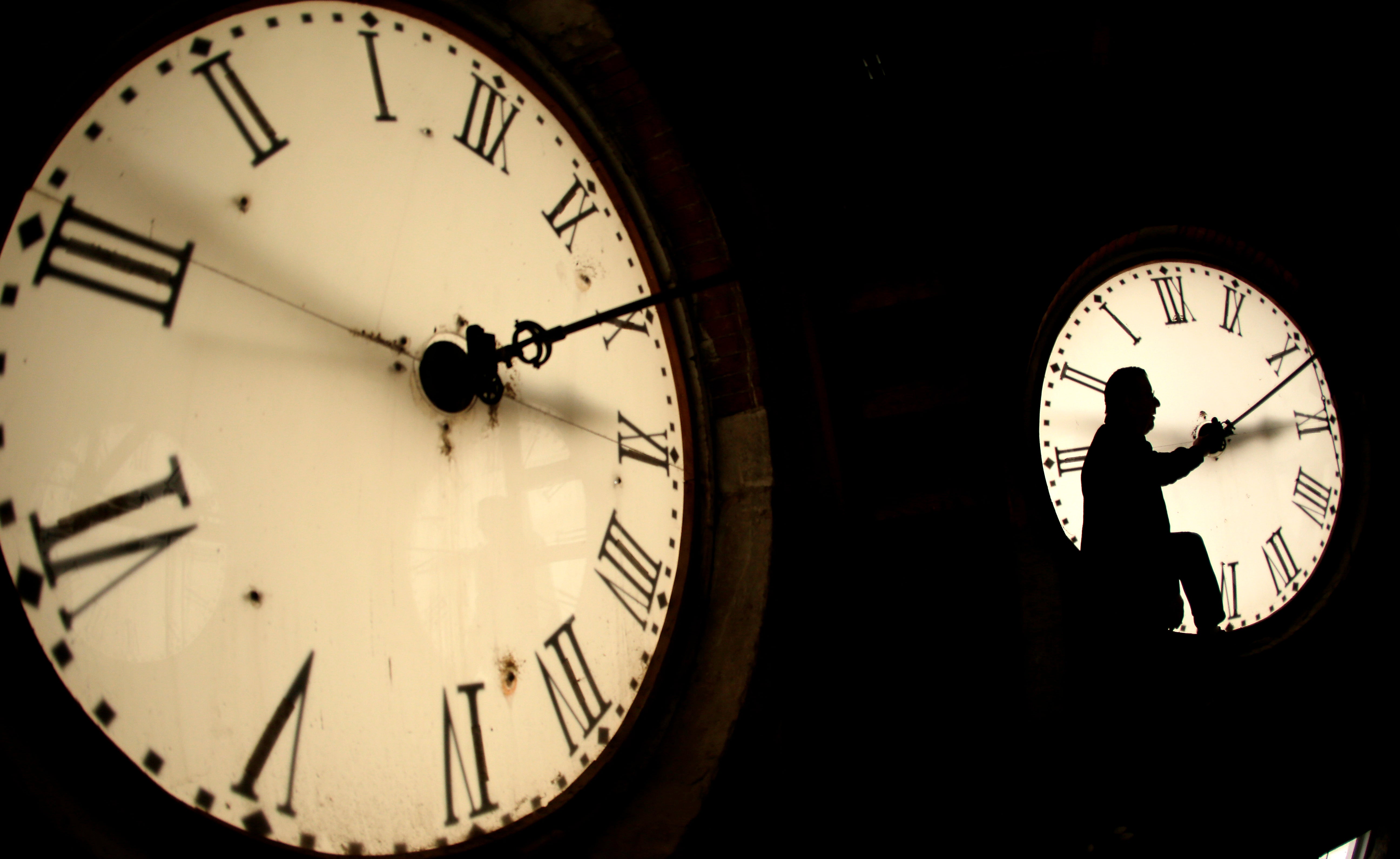UK government urged to stop changing the clocks by British Sleep Society
The warning comes as clocks are due to go back

Your support helps us to tell the story
From reproductive rights to climate change to Big Tech, The Independent is on the ground when the story is developing. Whether it's investigating the financials of Elon Musk's pro-Trump PAC or producing our latest documentary, 'The A Word', which shines a light on the American women fighting for reproductive rights, we know how important it is to parse out the facts from the messaging.
At such a critical moment in US history, we need reporters on the ground. Your donation allows us to keep sending journalists to speak to both sides of the story.
The Independent is trusted by Americans across the entire political spectrum. And unlike many other quality news outlets, we choose not to lock Americans out of our reporting and analysis with paywalls. We believe quality journalism should be available to everyone, paid for by those who can afford it.
Your support makes all the difference.A group of scientists and doctors have instructed the government to abolish the UK’s twice-yearly clock changes.
The time swap, set to happen on Sunday, is harming the nation’s sleep, the British Sleep Society (BSS) has warned.
Members of BSS said evidence clearly shows that natural daylight in the morning is good for sleep patterns, while changing the clocks has a negative impact.
They argue circadian rhythms - the physical, mental, and behavioural changes we experience over 24 hours – are most impacted by clocks moving forward in the spring.
The society has issued a statement saying it “strongly recommends” that Greenwich Mean Time (GMT) runs consistently throughout the year.
The call comes as clocks are due to go back this weekend. It is understood the Government has no plans to change the daylight savings system.
Currently, GMT begins on the last Sunday in October, when clocks go back one hour at 2am (meaning an extra hour in bed) and runs until British Summer Time (BST) starts on the last Sunday in March, when clocks go forward at 1am.
The statement comes from academics from across the UK, led by Dr Megan Crawford of the University of Strathclyde, Dr Eva Winnebeck of the University of Surrey, and Professor Malcolm von Schantz of Northumbria University.

Prof von Schantz said GMT aligns closely with the natural light-dark cycles of the day and night. “Natural daylight in the morning is crucial for maintaining an optimal alignment of our body clocks with day and night, which is essential for optimal sleep and overall health”.
He admitted that GMT running all year would mean earlier sunsets in the summer, but pressed that there would be many health benefits, including improved sleep due to increased exposure to morning sunlight from autumn to spring.
Dr Winnebeck said: “What we often don’t realise is that Daylight Saving Time (BST) changes our schedules, moving them forward by one hour while daylight remains the same.
“It forces us all to get up and go to work or school one hour earlier. In seasons with fewer daylight hours such as now in autumn, it means most of us have to get up and commute in the dark.”
Dr Crawford said there is a “misguided idea from a sleep and circadian health perspective” that clocks should move permanently forward.
“Mornings are the time when our body clocks have the greatest need for light to stay in sync,” she said.
“At our latitudes, there is simply no spare daylight to save during the winter months and given the choice between natural light in the morning and natural light in the afternoon, the scientific evidence favours light in the morning.”